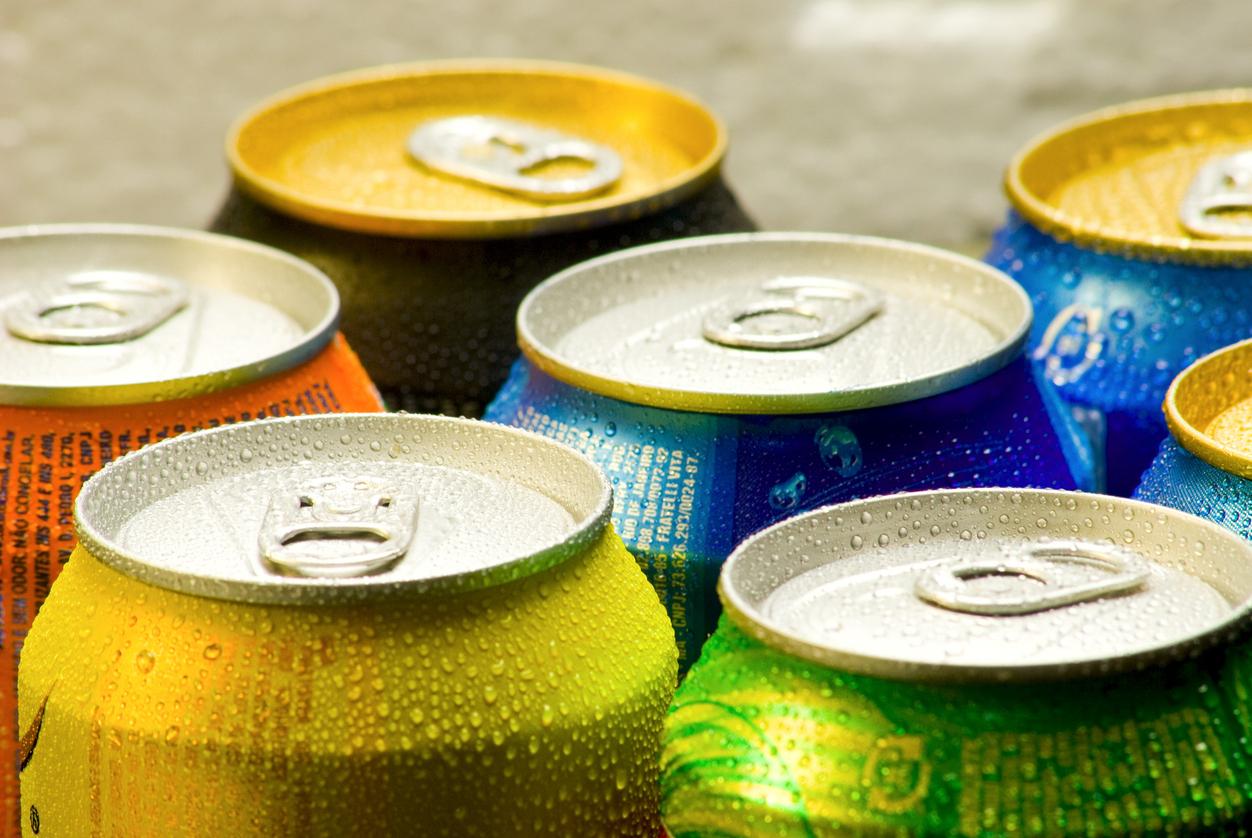In addition to a reduction in alcohol and certain foods rich in purines, sugary drinks such as sodas and industrial fruit juices should be avoided in patients suffering from gout. According to the experts of the magazine “Prescrire”, the metabolism of fructose increases the production of uric acid.

Gout is a chronic disease that affects approximately 0.9% of the French population, with elderly men being the most vulnerable. It is induced by an abnormal increase in the level of uric acid in the blood and deposits of microcrystals of uric acid in the joints and surrounding tissues, which leads to inflammation. The affliction manifests itself in flare-ups which are called “gout attacks”. Patients then experience joint pain, which is accompanied by redness, warming and swelling of the affected area. Generally, in men, the big toe is the most affected. In women, other joints can be damaged. In addition to the pain it causes, inflammation increases cardiovascular risks.
When a patient suffers from a gout attack, her doctor prescribes medication and often recommendations to change her lifestyle with the aim of keeping the level of uric acid in the blood below a certain threshold. This acid being derived from the degradation of purines, molecules contained in many foods, it is often advisable to review the diet. Beer, strong alcohols and products such as red meat, offal, cold meats, seafood, mackerel, sardines or even herring should be avoided because they are very rich in purines. However, it is also necessary to ban sugary drinks such as sodas, fruit juices and industrial nectars, remind experts on 1er march in the medical journal Prescribe. In effect, “the metabolism of fructose, like that of alcohol, tends to increase the production of uric acid”notes the editorial staff.
To reach this conclusion, the experts base themselves on two studies carried out on several tens of thousands of people. “After controlling for a variety of factors that can influence gout risk, including alcohol consumption and body mass index, these studies showed approximately twice the risk of gout in people who consumed more than a sugary drink per day compared to those who do not consume it”, is it written. In conclusion, “patients with gout attacks should reduce or even avoid drinks with added sugars, such as sodas”. Remember that in general, sugary drinks, even “light”, are bad for your health. They are indeed regularly associated by scientists with an increased risk of diabetes, obesity, or even cardiovascular disease.
The role of genetics in the occurrence of gout attacks
On its website, the Health Insurance already cites sugary drinks as risk factors for gout. “Gout results from an abnormal and chronic increase in the level of uric acid in the blood, which is explained by a high dietary intake of purines and especially by a defect in the elimination of uric acid by the kidneys. When the uric acid concentration exceeds the solubility limit, uric acid crystals (sodium urate) form and settle in and around joints. uric acid comes from the degradation of purines present in many foods (foods rich in proteins, alcohol, beer, sugary drinks, etc.). It is then eliminated by the kidneys, in the urine”is it thus written.
However, diet is not the only risk factor in the occurrence of gout. In October 2018, a study published in the BMJ suggested that genetics played a much more important role in the onset of this common disease. During their work, the researchers had analyzed the medical records of 8,414 healthy men and 8,346 women. By analyzing their blood uric acid levels, they had observed that each of the foods associated with high levels determined less than 1% of the variation in urate levels. In contrast, genetic analysis of the participants had revealed common genetic factors explaining almost a quarter (23.9%) of the variation in rates.
“Our data challenges widely held perceptions that gout is primarily caused by diet, showing for the first time that genetic variants contribute far more to gout than dietary exposure.”, the researchers noted. Thereby, “much of the preponderance of patients with hyperuricaemia and gout is not modifiable”they concluded, calling for patients to no longer be made to feel guilty and for people from a family where a member suffers from gout to be monitored more closely.

.















